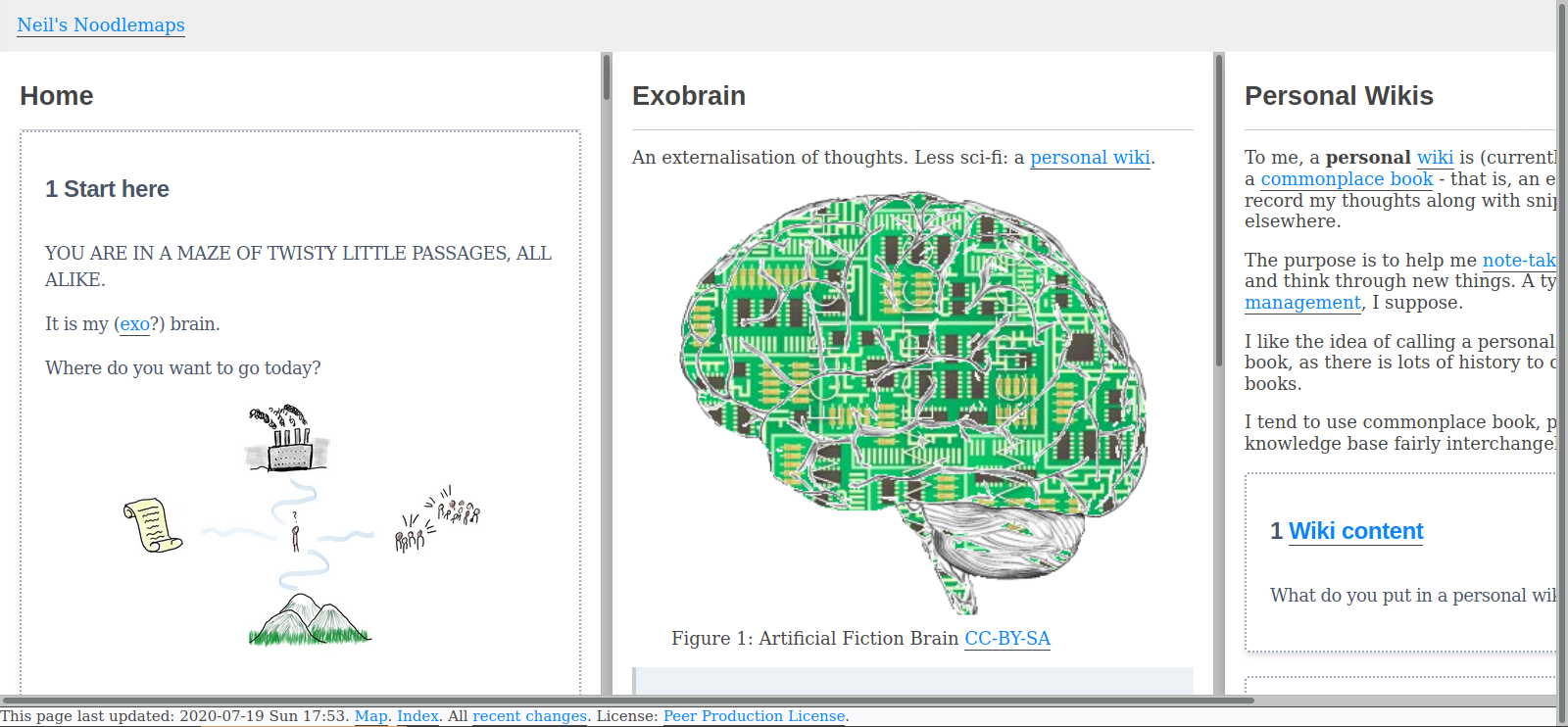I’m reading through Future Histories at the moment. The chapter linking the work of Frantz Fanon to the ideas of digital self-determination is very interesting and I am getting my head around some of the ideas. Solid and personal data pods get a namecheck, which is pretty much IndieWeb just under a different guise.
(Most of the chapter from the book is also available online here: Fanon and (digital) self-determination).
A better way to understand what we mean when we talk about privacy, then, is to see it as a right to self-determination. Self-determination is about self-governance, or determining one’s own destiny.
I think there are some parallels with what Ton said here:
p2p networks weren’t primarily about evading surveillance, evading copyright, or maintaining anonymity, but one of netwerk-resilience and not having someone with power over the ‘off-switch’ for the entire network
Future Histories:
digital privacy—and its philosophical twin, freedom—involves anonymity, secrecy, and autonomy. Autonomy is not just evading surveillance. Autonomy means the freedom to act without being controlled by others or manipulated by covert influences.
I am going to read Ton’s posts on networked agency, as I feel like there is a connection there. (And they will be good, even if not).
Self-determination is both a collective and individual right, an idea of privacy that is much more expansive and politically oriented. It is about allowing people to communicate, read, organize and come up with better ways of doing things, sharing experiences across borders, without scrutiny or engineering, a kind of cyberpunk internationalism.
Self-determination, autonomy, agency – it certainly does sound related.

